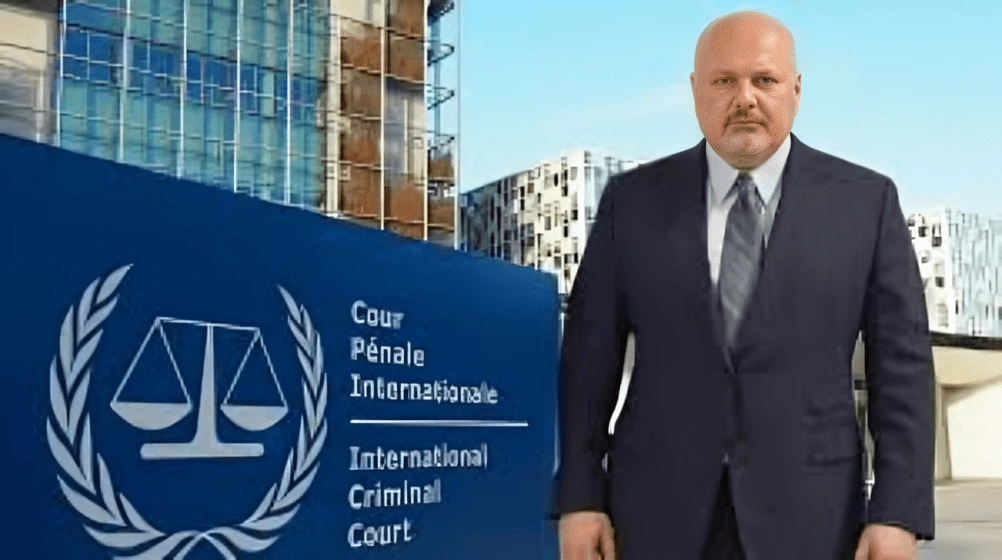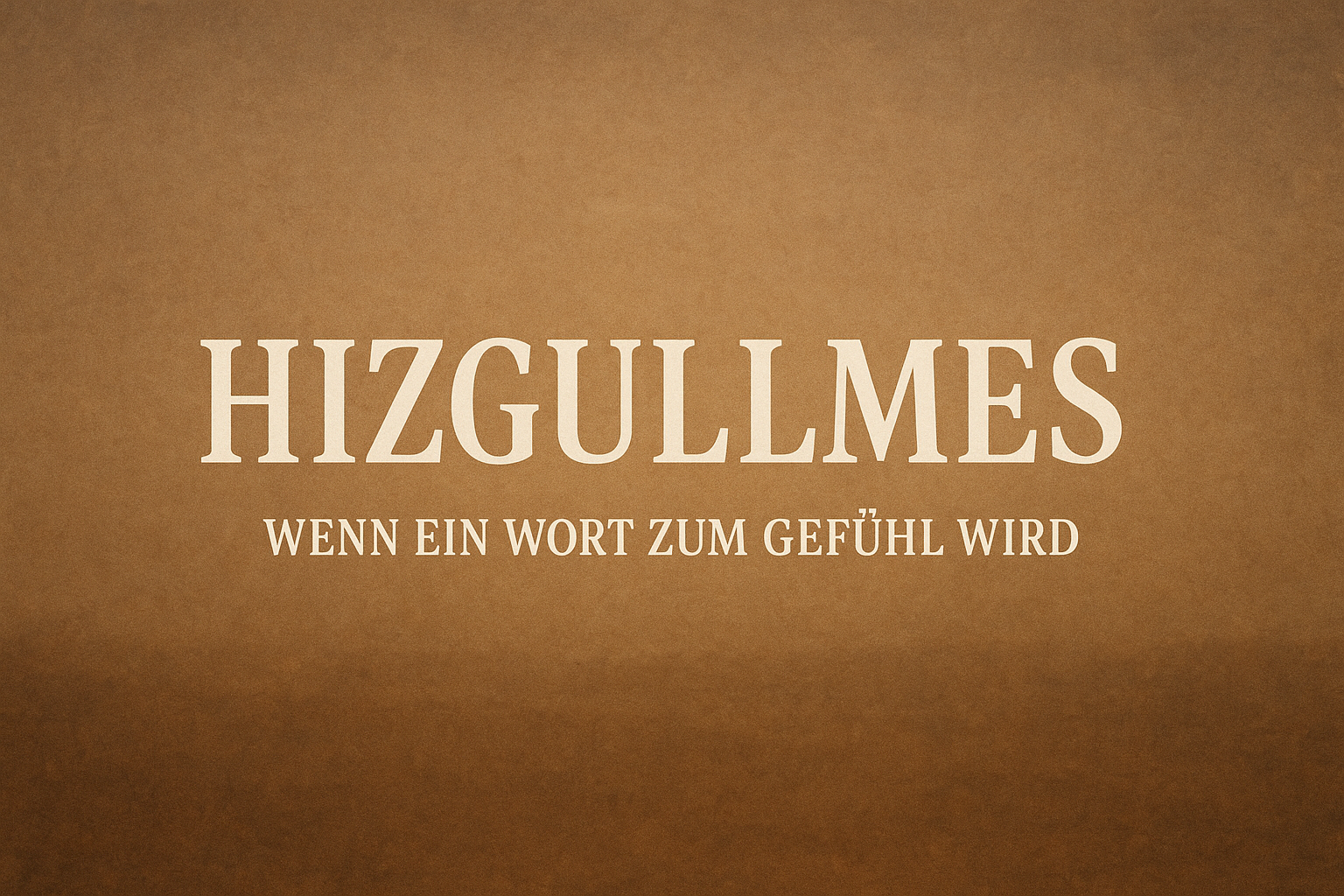Dissenting the Sanctions Imposed on Its Officials
The International Criminal Court (ICC) has condemned the U.S. government’s decision to impose sanctions on its officers. The executive order signed by former President Donald Trump targeted individuals involved in investigations carried out by the ICC relating to the actions of the U.S. in Afghanistan and the accusations of war crimes.
Sanctions of the U.S. on ICC Officials
Travel bans and asset freezing of key personnel such as then Chief Prosecutor Fatou Bensouda were part of the sanctions. Justifying the measures, the U.S. government argued that no American citizens are subject to ICC jurisdiction because the U.S. itself is not part of the court. The Trump administration described the ongoing investigations of the court as politically motivated and as an affront to U.S. sovereignty.
The ICC’s Reaction and Worldwide Outcry
In this respect, the ICC has declared that the sanctions are an “assault on international justice” and emphasized its commitment to ensure accountability of war criminals, whatever their nationality. Several countries, including key U.S. allies such as the United Kingdom, France, and Germany, have expressed support for the ICC and condemned the American sanctions.
Condemnatory Reactions from Human Rights Organizations
According to several human rights organizations, including Amnesty International and Human Rights Watch, the sanctions were an attempt to intimidate an independent judicial body. The organizations warned that such actions would destroy global efforts towards accountability for human rights and war crimes.
Conclusion
The ICC has responded that it shall continue to carry out its work despite the political sanctions. This issue continues to spark controversy in international diplomatic relations, indicating a continued debate on the extent of international law and the role of major powers in the global justice system.





